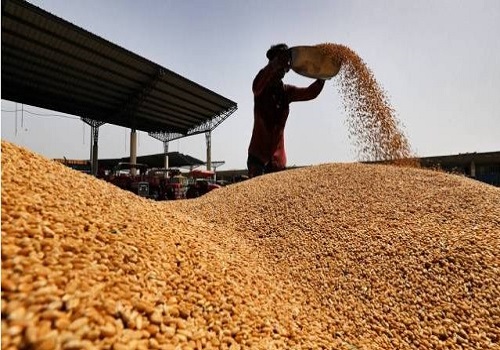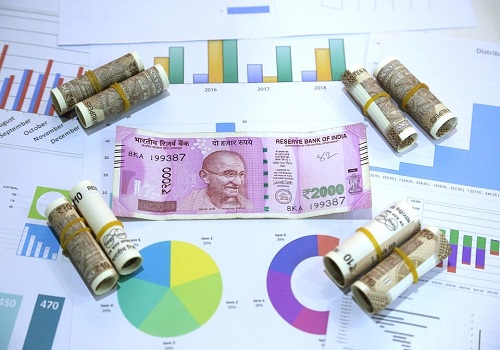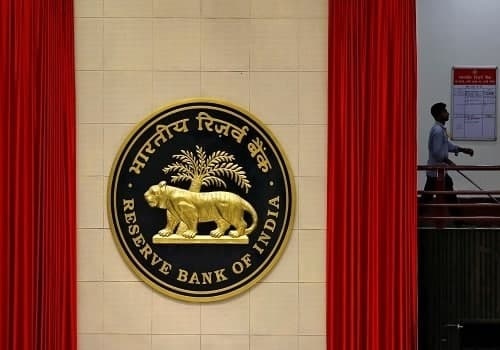Global growth rebound solidifies while risks broaden away from pandemic: Moody's

Follow us Now on Telegram ! Get daily 10 - 12 important updates on Business, Finance and Investment. Join our Telegram Channel
Global growth rebound has solidified, but spread of delta variant poses risks, Moody's Investors Service said in its latest assessment of global economy as the pandemic continues.
According to the credit ratings agency, G-20 economies are expected to grow by 6.2 per cent as a whole in 2021, after a 3.2 per cent contraction last year, followed by 4.5 per cent growth in 2022.
In the grouping, advanced economies will grow by 5.6 per cent collectively in 2021 and by 4.2 per cent in 2022, while emerging markets will collectively expand by 7.2 per cent in 2021, and slow to 5.1 per cent growth in 2022.
Excluding China (A1 stable), we project G-20 emerging market economies will expand by 5.7 per cent and 4.1 per cent in 2021 and 2022, respectively, Moody's said.
With regard to inflation, the analysis said inflation has surprised to be the upside and appears close to peak. Accordingly, for most G-20 economies, the expectation is that inflation will remain elevated through 2021, and will subside only in 2022. Base effects will reverse and the impact of one-off price increases amid reopening pressures will fade in 2022.
Eventually, Moody's expect that inflation will settle within central bank targets as demand growth falls back and supply bottlenecks ease.
Monetary and financial conditions are set to tighten, but not excessively so. With a growth recovery from the Covid shock in sight and upward revisions to central banks' inflation forecasts, Moody's said it expects a few advanced economy central banks to progressively dial back emergency measures, including liquidity operations and asset purchases. In addition, as the recovery consolidates, central banks may incrementally alter policy guidance, signaling a gradual shift in the policy stance from expansionary to neutral.
Risks will evolve over time as the pandemic becomes a less important economic driver, Moody's said. The most immediate risk to forecasts in the near term relates to the evolution of the pandemic. Further out, unprecedentedly high levels of public and private sector debt could become a concern from a debt sustainability standpoint if growth and revenue prospects dim. The boost in digitization brought about by the pandemic could increase productivity but also create structural unemployment and social tensions, the Malaysia pointed out.
The pandemic has also accelerated political realignments, which could spur geopolitical tensions and cyber risks, it added.
Vaccination rates, the extent of serious infections and mobility restrictions remain the key determinants of where countries find themselves in their economic recovery cycle, Moody's said.












 320-x-100_uti_gold.jpg" alt="Advertisement">
320-x-100_uti_gold.jpg" alt="Advertisement">












